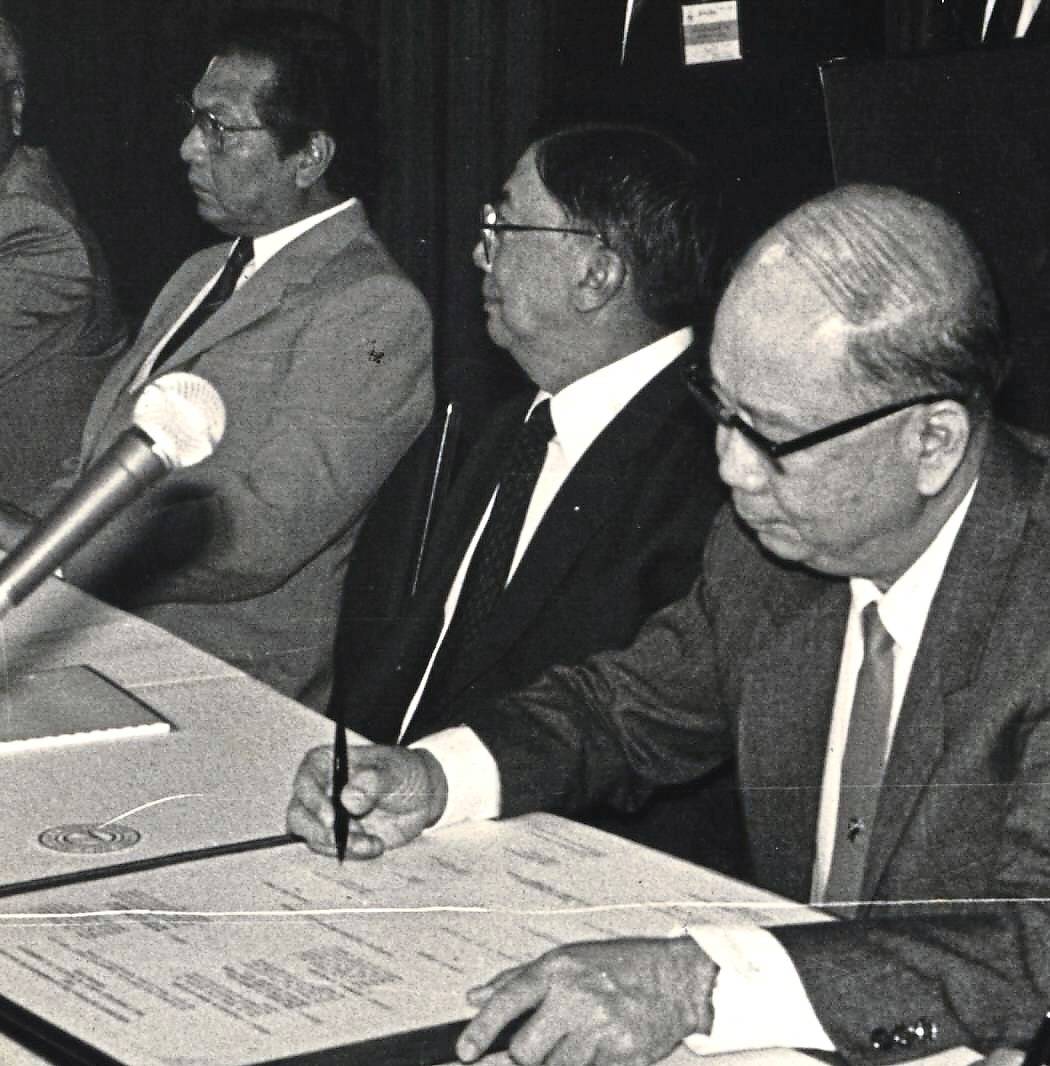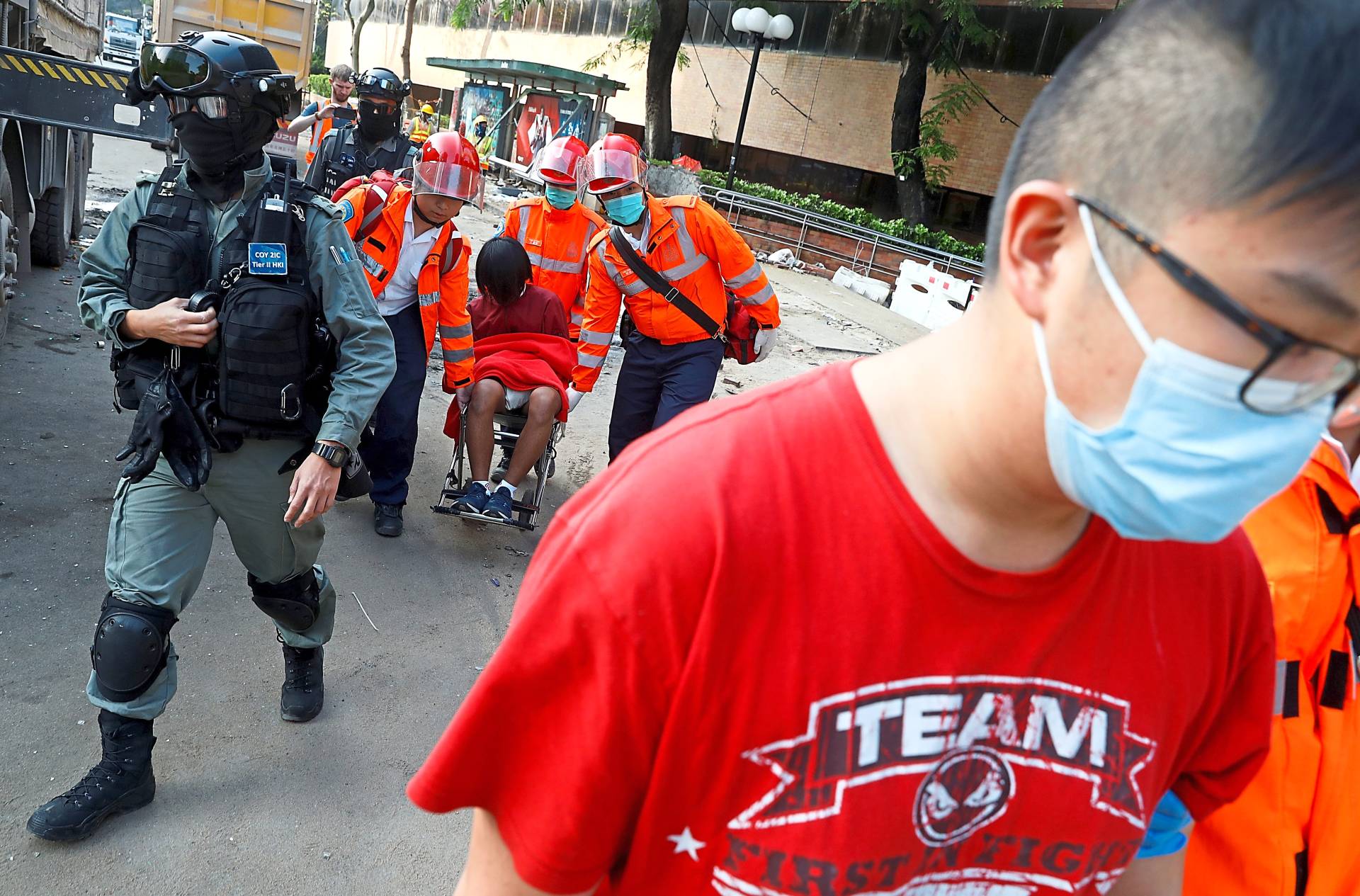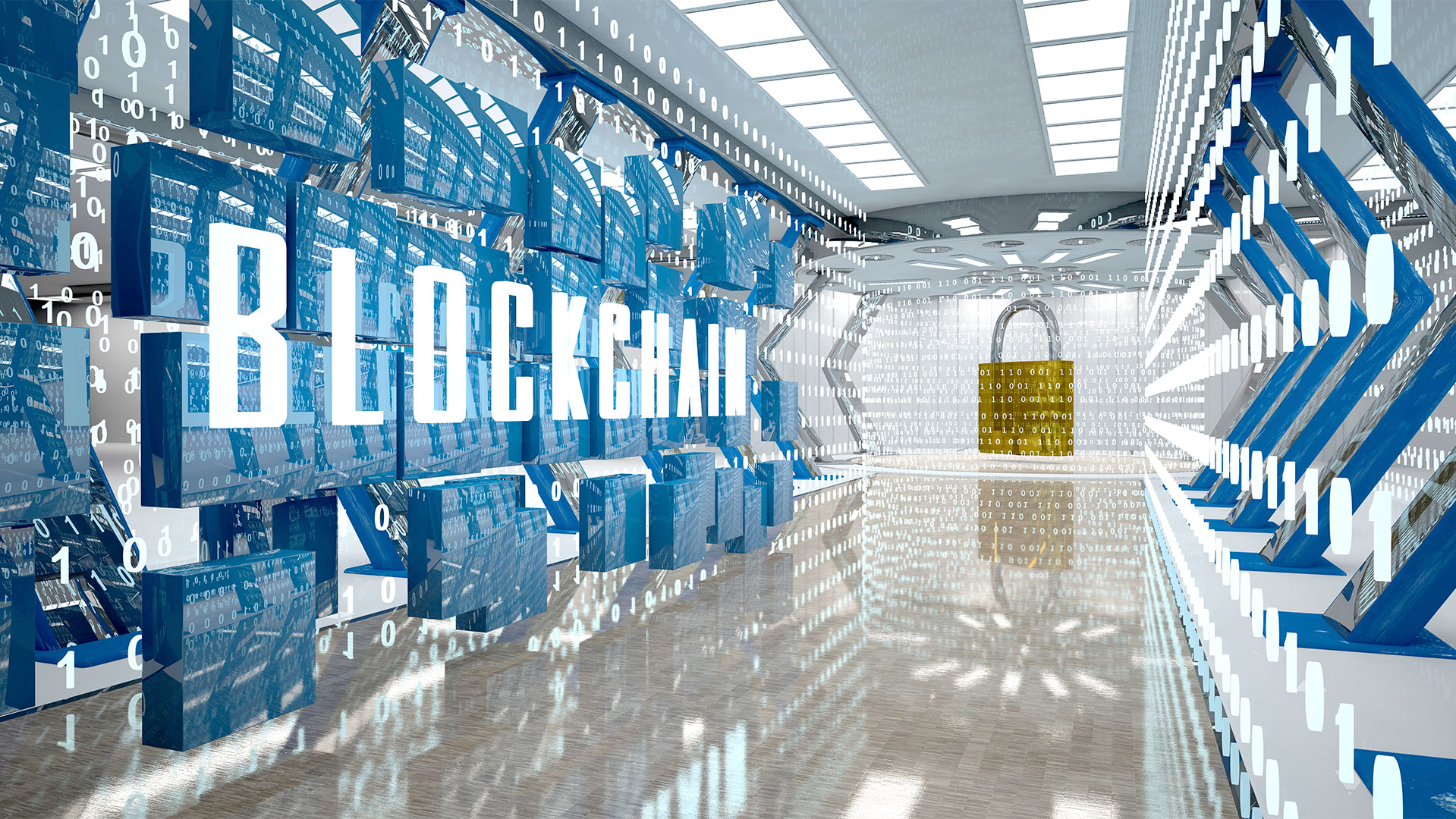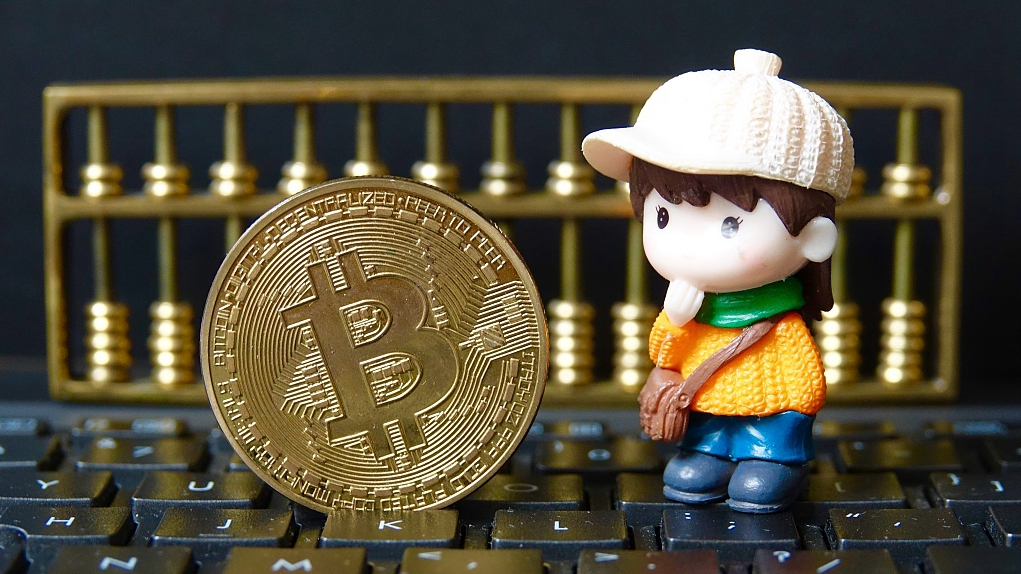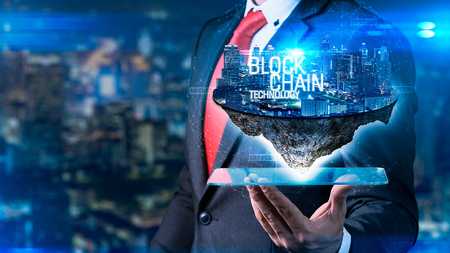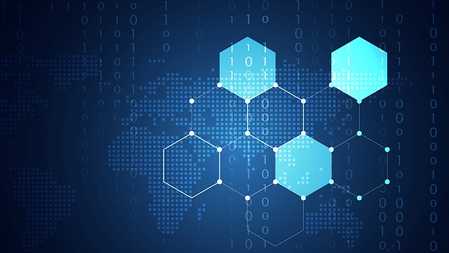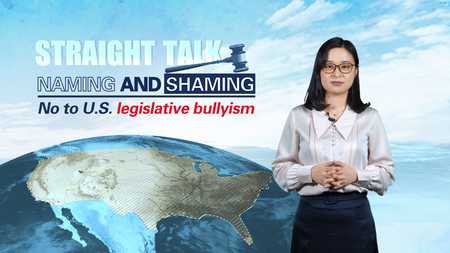In the United States, President Donald Trump alleges that the “deep state” was in play to undermine his presidency. Towards this end, he blamed the “deep state” for the scandal involving Ukraine where he supposedly told his counterpart to step up the investigation into the affairs of his political rival Joe Biden and his son in that country.
In Malaysia, politicians of Pakatan Harapan contend that the “deep state” is in play and was sabotaging the efforts of the government to carry out its plans and promises.
For all the negativity that the “deep state” has invoked in Malaysia, this informal group of senior diplomats, military officers and civil servants have earned the praises of the masses in the United States. This comes hot under the heels of the testimonies of Trump’s former advisor on Russian affairs, Fiona Hill and Ukraine embassy political counsellor David Holmes in the impeachment hearing of Trump for his role in Ukraingate.
In many ways, Malaysia has its own hero in Nor Salwani Muhammad, one of the officers who worked for former Auditor General Tan Sri Ambrin Buang.
Nor Salwani told a court hearing how she secretly left a tape recorder to capture the conversation of Malaysia’s top civil servants, in a meeting called by former Chief Secretary to the Government Tan Sri Ali Hamsa, on doctoring the audit report of 1Malaysia Development Bhd (1MDB).
The audit report deleted four important points before it was tabled to the parliamentary Pubic Accounts Committee (PAC).
People such as Nor Salwani, Hill and Holmes are part of the executive who have played a pivotal role in checking the wrongs of politicians when they run the country. Trump has described the testimonies of Hill and Holmes as the workings of the “deep state”.
In Malaysia, Nor Salwani is regarded as a hero. However, she comes from the executive wing of the government that some politicians regard as the “deep state”. In the United States, Trump feels that the military, diplomats and some from the private sector were working together to undermine him and has labelled them as the “deep state”.
But does the “deep state” really exist as a formal structure or is it just some loose alliances of some segments of unhappy people serving the government?
Nobody can really pinpoint what or who actually are the “deep state” in Malaysia. It is not an official grouping with a formal structure. It generally is seen as a movement that is a “government within a government” pursuing its own agenda that runs in contrary to what the ruling party aspires.
It is said to largely comprise the civil service working well with the police and the different arms of the judiciary. Some contend that the “deep state” is closely aligned to Barisan Nasional.
The term “deep state” was coined in Turkey in the 1970s and it primarily comprised the military and its sympathisers who are against the Islamic radicals. In recent times, even the powerful President Recce Tayyip Erdogan complained that the “deep state” was working against him.
Which raises the question – if the “deep state” was so influential, how did the Turkish president get himself re-elected in 2018?
In Malaysia, the ruling Pakatan Harapan party has blamed the “deep state” for some of the incidences such as the arrest of several people, including two DAP state assemblymen, under the Security Offences (Special Measures) Act (Sosma). Deputy Rural Development Minister R. Sivarasa contended that the “deep state” was responsible for the arrest and it was done without the consent of the top leadership.
Other ministers have blamed the movement as sabotaging their efforts to deliver on their promises to the government. Towards this end, speculation is rife that there would be a round of changes in the civil service to dismantle the “deep state”.
Some have even pinned the commando style abduction of pastor Raymond Koh and the disappearance of social activist Amri Che Mat on the “deep state”.
If the “deep state” was really in the works, it seems like the government would be facing a humongous task to dismantle it.
Firstly, nobody is able to pinpoint who these people are except that they apparently have tentacles at every level of the executive and in the police and probably military. Secondly, if the so-called `deep state’ is essentially made of the civil service, then they have done some good work to help uncover the cover up work of senior members of the executive wanting to hide the 1MDB scandal.
In reality, it will be hard to dismantle the much talked about `deep state’ in Malaysia. Many do not look out for riches or fame. It is likely that they are more driven to seeing what is best for the executive branch of the government.
A more practical approach would be to work together with this movement of individuals, if they can be identified, and find out the root cost of them being unhappy with the government.
Only 18 months ago, the “deep state” was very much against former prime minister Datuk Seri Najib Razak and his efforts to cover up the massive debt that 1MDB accumulated. The money was largely raised outside Malaysia and diverted to entities under the control of fugitive, Low Taek Jho better known as Jho Low.
There were countless reports on 1MDB that were leaked through the social media. From banking transactions of money going into the account of Najib to pictures of him on holiday with his family and Jho Low were made available on the social media.
Isn’t this also the work of some clandestine movement within the executive that some deem as the “deep state”’?
Consider this – even in Turkey, where the word “deep state” was coined, many believe it is still in works, protecting the country’s interest. In the United States, there is a view that the “deep state” is the gem in the government.
The government can make as many changes as it wants on the civil service or agencies under its watch. However, it is not likely to wipe out the “deep state” movement.
The views expressed are the writer’s own. Source link
Read more:


